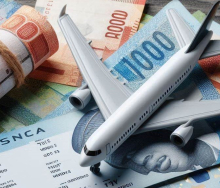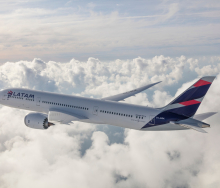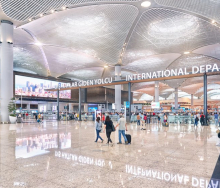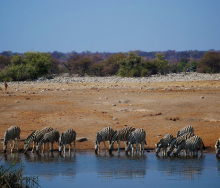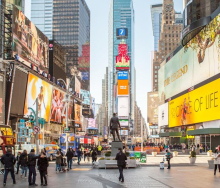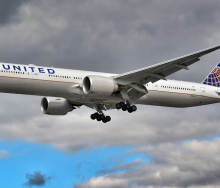As countries look to reopen their borders to tourists, some are opting to keep a mandatory quarantine period in place to lessen the risk of further COVID-19 infections coming in. However, tourism experts say quarantines will impede efforts to kick-start tourism.
Iata has urged governments to avoid quarantine measures when reopening their economies. “Safely restarting the economy is a priority. That includes travel and tourism. Quarantine measures may play a role in keeping people safe, but they will also keep many unemployed. The alternative is to reduce risks through a series of measures. Airlines are already offering flexibility so there is no incentive for sick or at-risk people to travel. Health declarations, screening, and testing by governments will add extra layers of protection. And if someone travels while infected, we can reduce the risk of transmission with protocols to prevent the spread during travel or when at destination. And effective contact tracing can isolate those most at risk without major disruptions,” said Alexandre de Juniac, ceo and dg of Iata.
Research done by the World Travel & Tourism Council and ForwardKeys flight booking data, show travel restrictions imposed as a result of the COVID-19 pandemic, including the quarantine rules imposed by the UK government, have caused London to fall to the bottom of the top-10 most-booked European cities. In the first half of June last year, London was the most heavily booked city in Europe for any date of arrival. Olivier Jager, ceo of ForwardKeys, said: “It’s alarming to see London, which is Europe’s most popular capital to visit, falling from top spot to 10th place... The UK’s tough new quarantine regulations are almost certainly responsible; and that conclusion is further reinforced by the difference between inbound and outbound bookings.
“Our ticketing data shows that while volumes are still low, having fallen across the EU by nearly 84% compared with the same period in 2019, the numbers are beginning to improve. However, new tickets for future arrivals into the UK are still a staggering 97% down compared with the same ticketing period last year.”
Nicolle Rufino, an ITC with eTravel, said: “I believe that clients will not visit destinations that have a quarantine period. They will either find one without a quarantine period, or they will put off travelling until such time as there is no quarantine. If travelling overseas to study, for instance, they will just go earlier to serve quarantine – I do have a case like this.”
Vera Lala, director of Veto Travel, said: “I have a few clients who have told me that they are not prepared to travel on holiday and spend 14 days in quarantine. I think it will affect a lot of travellers, especially those travelling for 7-10 nights only, as it is not really worth it. Going forward, many countries are doing the 14-day quarantine, so we hope that gradually they start easing this rule.
“It will be the same with travellers coming into South Africa. I would imagine if you are travelling to a foreign country and going through a 14-day quarantine there, when you arrive back the same thing needs to be done here.”


